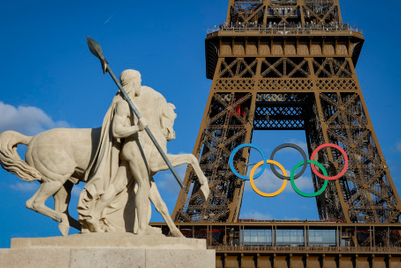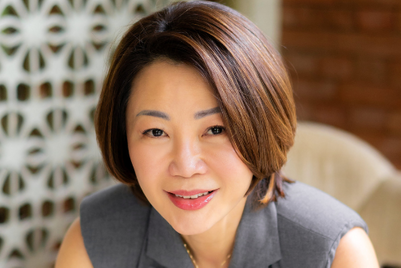
Our industry has always put unattainability on a pedestal.
Only recently have advertisers begun to embrace realness, such as with Dove’s Real Beauty campaign and Victoria’s Secret’s decision to replace its Angels with a more representative cast of women.
But brands continue to idolize the unattainable in sports. We consider athletes to be superhuman, not just at their craft, but as people, too.
We were reminded again of athletes' vulnerability when Simone Biles pulled out of the all-around Olympic final, acknowledging the enormous pressure she’s been under: “We also have to focus on ourselves, because at the end of the day, we’re human, too.”
After a year without sports, and with the excitement of Euro 2020 and the Tokyo Summer Olympics (finally) in full swing, there’s massive pent-up desire. Brands have been going all-in on sports-themed communications. But much has changed since we last got together for large-scale sporting events.
One of the biggest changes is a newfound focus on mental health. This had been growing for years as companies like Headspace and Calm, which, in 2019, became the first mental health unicorn, grew in popularity. But the pandemic exposed a largely hidden health epidemic, exacerbated by an intense political climate and a civil rights movement. That’s leading to anxiety, stress and burnout. People need to disconnect and “escape.”
We’ve learned that taking care of our mental health is equally as important as protecting our body from a lethal virus.
Recent research from VMLY&R shows that younger people in particular relate to more realistic athletes and public figures who don’t shy away from sharing their vulnerabilities. Vulnerability shows a great deal of confidence. This was demonstrated by the docuseries “The Last Dance,” which showed the human side and weaknesses of Michael Jordan and his teammates.
When Naomi Osaka refused to attend a press conference to protect her mental health, was fined $15,000 and left the tournament, advertisers stood up. By supporting Osaka, Calm achieved one of the most successful mental health campaigns, emphasizing that mental health is health by paying the fines of tennis players in future incidents and donating to a French organization that helps young people with mental health challenges through sports.
Athletes are inspirational heroes and role models. But they are also people, who are increasingly using their pedestal to show their humanity. After the immense challenges of the past year, athletes are increasingly using their platforms for good. We see this through people like Raheem Sterling, a New Balance athlete, elite football player and social activist fighting racism and food poverty. Similarly, Allyson Felix used her platform to speak out for new mothers and maternity support, putting her full force behind what matters to her and demanding the same of her sponsors.
Athletes increasingly seek brand partnerships that support and empower the causes they care about and support them as people — not just as sports idols. Brands can benefit by understanding the intersection between athletes’ humanness and what humanity needs.
Being human is inspirational. Let’s challenge brands to focus on humanizing, instead of simply idolizing, athletes.
Bediz Eker is executive director of strategy and insights at VMLY&R and leads strategy in the NYC office.



.jpg&h=334&w=500&q=100&v=20250320&c=1)


.jpg&h=334&w=500&q=100&v=20250320&c=1)




+(900+x+600+px)+(3).png&h=334&w=500&q=100&v=20250320&c=1)




.png&h=268&w=401&q=100&v=20250320&c=1)

.jpg&h=268&w=401&q=100&v=20250320&c=1)
